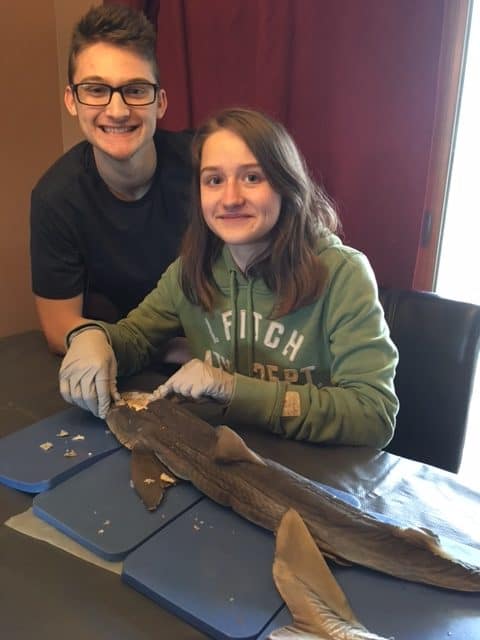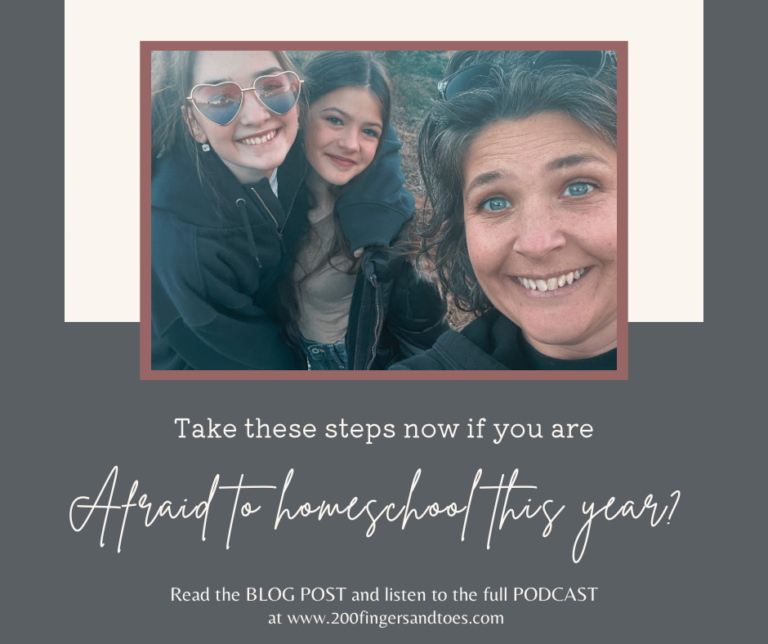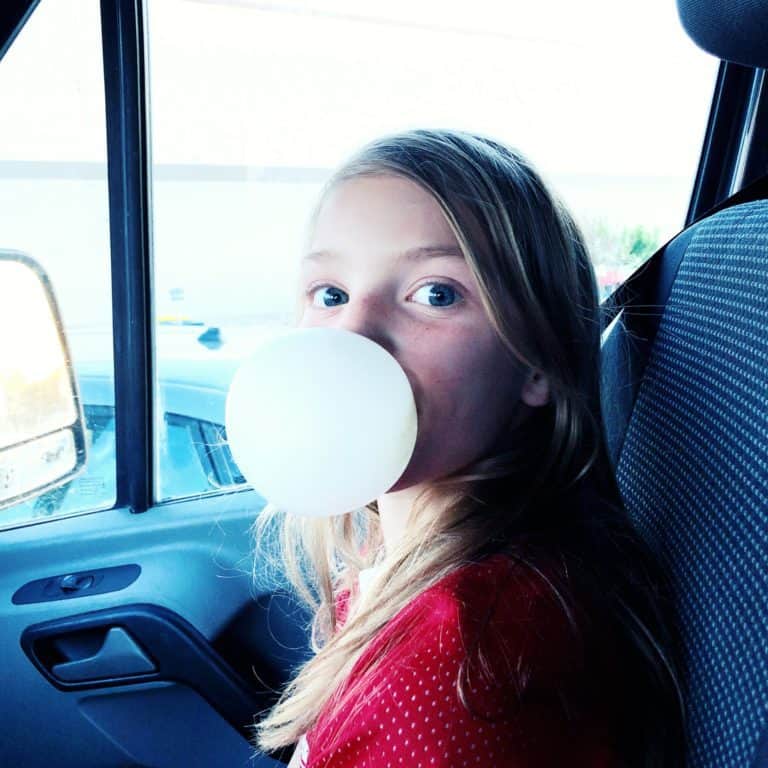The Best Way to Help Your Students Enjoy High School Science
We may earn money or products from the companies mentioned in this review or post, but all opinions are our own.
Teaching tools have come so far in the twenty years I have been involved in homeschooling. One thing that has stayed the same is Apologia as the leader in homeschool Science curriculum. It is what we have used for high school three times over, but we have made some great changes to how we use it. I want to share some of the common factors we discovered that have made Science better every year.

Teaching High School Science isn’t Scary
Upper level science is the stuff many parents dread. When I talk to parents, one of the main fears is teaching high school classes. This fear is so strong, it keeps parents from choosing to homeschool even when their child is failing in public school. I am here to tell you, you can successfully teach any upper level course. I have done it myself and I was a terrible student in high school. Not only have I managed to graduate three kids, but our kids are doing well in college. In the rest of this post, I want to share what has helped us to have a successful learning experience. Yes, even through all four years of high school.
Plan to Be Available
Making the transition to upper level classes takes some hand holding. I know that to us; as adults, the text might seem self-explanatory. Homeschool textbooks are designed for the student to work independently, but a little help to have a strong beginning goes a long way. For my children, High School Science is the first introduction to using a textbook. Textbooks are a different learning model. Changing physical teachers always takes time, this change is no different. I was talking to my college kids, they were sharing that one of the hardest parts of each new semester is learning the expectations of each Professor.
You can do a great deal to help your transition to high school by walking your student through the first few Modules in their textbook. Give them the lay of the land.
Teach the Skills They Need
Teach them how to use the schedule in the front of the book. I keep a copy in my binder to keep us all on the same page at all times. If you don’t know what page they should be on, “some teenagers” think that means they have a day off. They don’t. I have learned to have concrete answers for schedule questions. Being clear about where to find what to do each day. Helping you teen know how to stay on task is a key factor in a successful day.
In the first month, we read over the daily assigned text together. On the first reading, I have the kids take notes and write out definitions. We try to keep our focus on the broad overview of the subjects we are covering in context to one another. I take this time to teach them how to use the Cornell Method for note taking.
Keys for Good Note Taking…
- Record – Write key ideas and meaningful facts, definitions and unfamiliar vocabulary words
- Reduce – After reading, summarize the main ideas in your notes and gather any needed definitions in the column on the left
- Recite – Can your students explain processes learned, correctly from their notes?
- Reflect – We have the students retell key facts of the chapter at the end of our session
- Review – Students can use their notes to review key facts, processes and vocabulary. Apologia provides a Study Guide for each Module. We fill it in after our first reading to review material covered and see what areas we need to re-cover to prepare for the test.
Expect the Learning Curve
A few years back I had all ten kids at home for school. I was blessed to have my Mom teach Science for a few years. We met one day a week and she covered the material, corrected study guides that were done at home and administered tests. It was a life saver.
Imagine my feelings when the kids failed the first test. I was upset with the for not giving their best. Later, they failed the next test. I was mortified. It felt like a reflection of my homeschool teaching. Stepping back a year or two, I now can see moving into textbooks was a huge transition for them. I didn’t help them prepare for it like I should have. I am doing much better with my younger class.

The good news is that by the end of the year, they learned how to navigate textbook learning. They were passing the tests and knew how to study and prepare.
Knowing that this is part of the learning curve helped my with my younger set of students. First, I know that my students need a lot of hand holding early on in the course. Secondly, I expect it to be difficult for them to find the answers. I am more understanding and patient with my students because I have identified where they are going to have difficulty and have created a plan to help them transition better.

Use All of the Tools
Teaching multiple students means varied learning styles. How do I reach them all? I’ve learned to use all of the tools at my disposal. Apologia makes that easy. This is not a sales pitch. I am a cheap homeschooler. I used to buy one math workbook and teach out of it, use the dry erase covers and the works. But, I’ve learned the right tools help you get the job done better. I am willing to invest where it matters to my students.
Student Notebook
One of the tools I highly recommend is the student notebooks provided by Apologia for each of the textbooks. Keeping track of loose paper is a huge headache, especially when you have multiple students. Two things I love about the notebooks; one, I can open any notebook and know right where my student is in their work. Secondly, everything is lined out systematically so it is easy to follow instructions and hard to “miss” an assignment.
Audio Textbook
I have a student who is not a strong reader. With dyslexia or dysgraphia, I was afraid that scientific terms would be a stumbling block. With a struggling learner, I have learned to separate learning goals for specific classes. Science is not English class. I chose to use the Audio CD to bypass frustrating my student with having to read large unfamiliar selections. This has helped keep the focus on science and keep procrastination at a minimum.
Since my kids love their phones, I downloaded my audio to my shared Apple playlist. My younger kids have been able to listen to science in the car. At home, I have been able to get some other work in while staying nearby by having someone else do the reading for Science.

Extra Bonus Materials
Technology is a way of life and we are embracing it in our school. Apologia makes it easy to supplement or go in depth with links they have already curated. You create an account on the Apologia website and use the unique code in the front of your textbook. This gives you access to a ton of videos, articles and websites to take learning further. I have found this is a great resource for kids in the digital age. We read a bit of the material in the text, then we pull up a relevant Video clip or visual.
It has been a huge help when trying reenforce new concepts. Especially ones that are new to ALL of us. I have used links to help us memorize the scientific classification system, identify cell parts, and learn about the bio-dome.
Go Digital with the Video Instruction Thumb-drive
If you are looking for a more visual format Apologia offers a thumb-drive preloaded with lectures, corresponding to all the sections of the textbook. The video instruction includes visual animations and on-location video clips. This is a great way to capture your auditory and visual learners. The animations help explain more difficult concepts three-dimensionally. We use the video content to review material after we read. This way, we are working on good study skills and mastery of the subject matter. This is a great way to ensure they really understand each Module.

Additionally, videos of all the experiments are included, so parents and students can better understand how to set them up at home. Complete explanations of the labs are provided too.

Make Reviewing Fun
We have been using an app called Quizlet to help study for the Module Tests. Quizlet was recommended to me by a friend and fellow homeschool mom. I created a teacher account for myself so that I could invite my students into a class, I simply sent them a link to add them. You can organize your students by classes so I can actually use Quizlet with both levels of Apologia Science that I am teaching this year.

I was able to find several study sets for Apologia, this was a huge time saver, but you can create a study set yourself for any subject you need. For Biology, I was able to select right down to the Module. In Quizlet, I have the kids take the pre-test to narrow down the terms that they need to study. Then they can use the varied methods to take quizzes to build vocabulary and term mastery. Quizlet helps them know how the terms need to be written on the test. This help me do less negotiating and guess work during grading.
Trust A Homeschool Leader
If you are planning on moving into a textbook for high school science, Apologia has the tools to meet every need of your unique learners and your individual homeschool. I was not thrilled about moving into textbooks myself. Over the years, I have found that working with Apologia did the most ground work in preparing our student for the more rigorous work they are now doing in college. With the many outside sources provided by Apologia, it is easy and even fun to reinforce what we are learning in multiple ways.
Are you still worried about teaching high school successfully? What are your questions? Leave me a comment. I would love to talk about creating a plan to overcome your fears and succeed in your homeschool vision.




